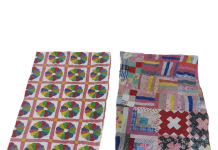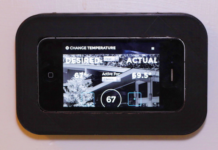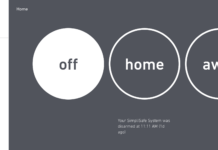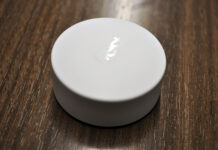
That’s a choice we shouldn’t have to make.
We often take the air we breathe for granted. When you walk past an active construction site, air quality will likely come to mind, but is it something we think about at home, going about our daily lives eating, sleeping, and breathing? Especially when you consider that we spend 90% of our time indoors, whether that be at work or at home, the air we breathe inside has significant impact on our health and quality of life.
The reality of our air
All that indoor air we breathe is actually filtered through our HVAC systems. The less our HVAC systems run, the less our air may be getting filtered. Many buildings were designed to keep us comfortable temperature-wise, but perhaps not air quality-wise.
Researchers at University of Toronto want to find the best of both those worlds. When Dr. Jeffrey Siegel and Dr. Marianne Touchie began studying heating and air-conditioning runtimes (as in, how long your HVAC runs) three years ago, they set out to improve efficiency without sacrificing health, comfort, or quality of life.
The risk of inadequate air filtration
At first, they struggled to find a good data sample—as is often the case, few were accurate or specific enough to their research, not to mention the general volume of data was lacking. With the introduction of ecobee’s Donate Your Data program, Siegel and Touchie finally had access to the kind of ample and relevant data they needed.
What the new data indicated was unexpected: HVAC run times are much lower than were previously predicted. If our HVAC systems are running less frequently, then our indoor air quality could suffer as a result, since HVAC filtration only happens when the entire system is running.
Their continued study of HVAC system runtimes will help us understand the limitations of our filtration systems, and better equip us to find solutions.
How this changes our homes and our lives for the better
We are all constantly looking to improve our homes in simple, easy ways: a new coat of paint, a new rug, new throw pillows… but our home environment is a complex balance, and we can’t forget about making improvements to the functional backbone of our homes.
The little things can cause the most impact, as Siegel reminds us: “We breathe more air by mass than we drink water, by about a factor of 10. And if you think about the things that are likely to cause us sickness, a very high fraction of those things are what we breathe, especially breathe indoors, and so a big part of our risk for things like lung cancer, for example, come from things we breathe indoors.”
Focusing our efforts and attention on making these kinds of fundamental changes will forever improve our homes, health, and quality of life; the possibilities that shared data have opened up, as with Siegel and Touchie’s study, are endless.
Your data is more powerful than you think. You can contribute to their study, and their solution, by anonymously donating your data through your ecobee device. Discover the power of your data at: www.ecobee.com/donateyourdata

































